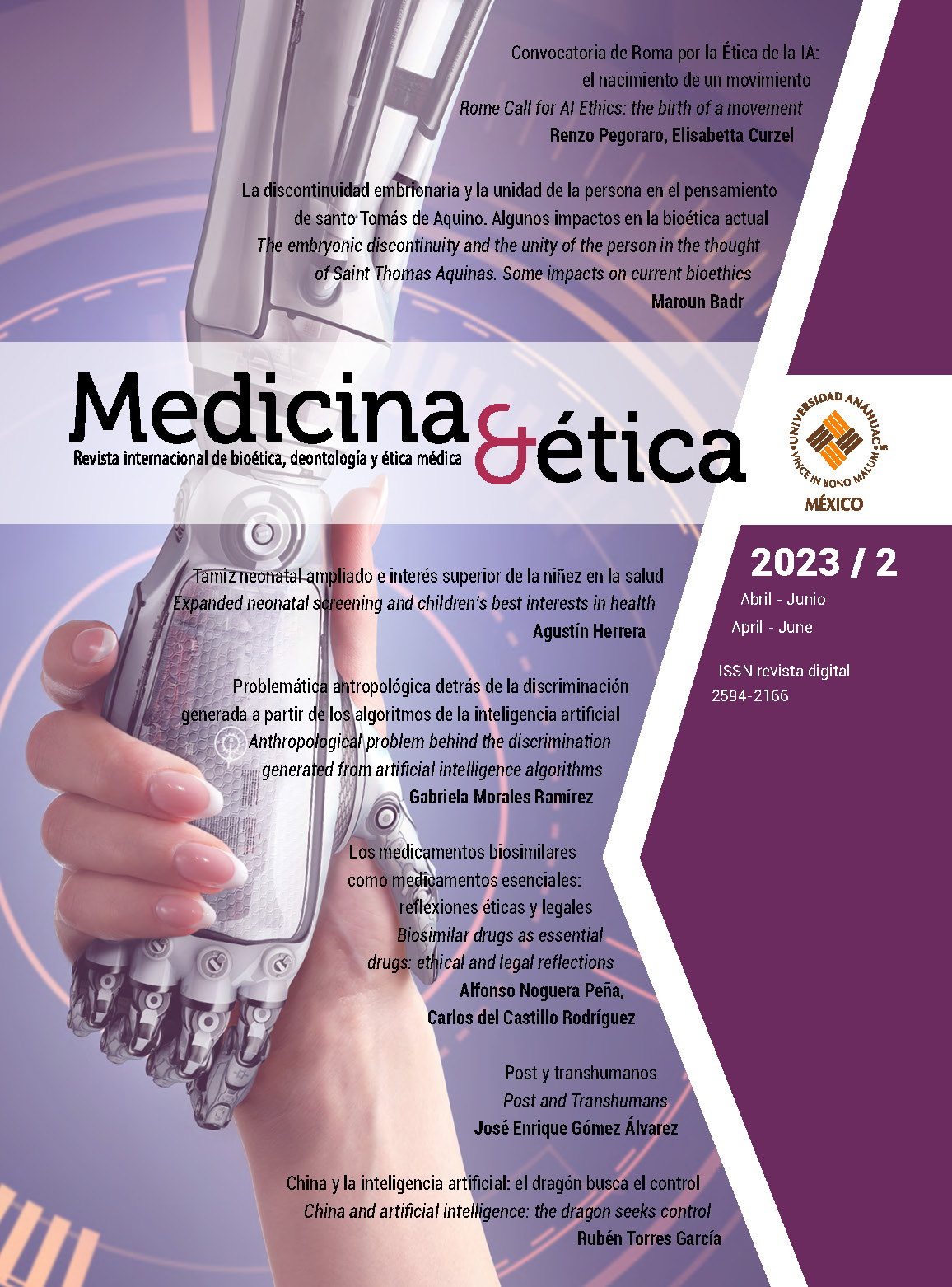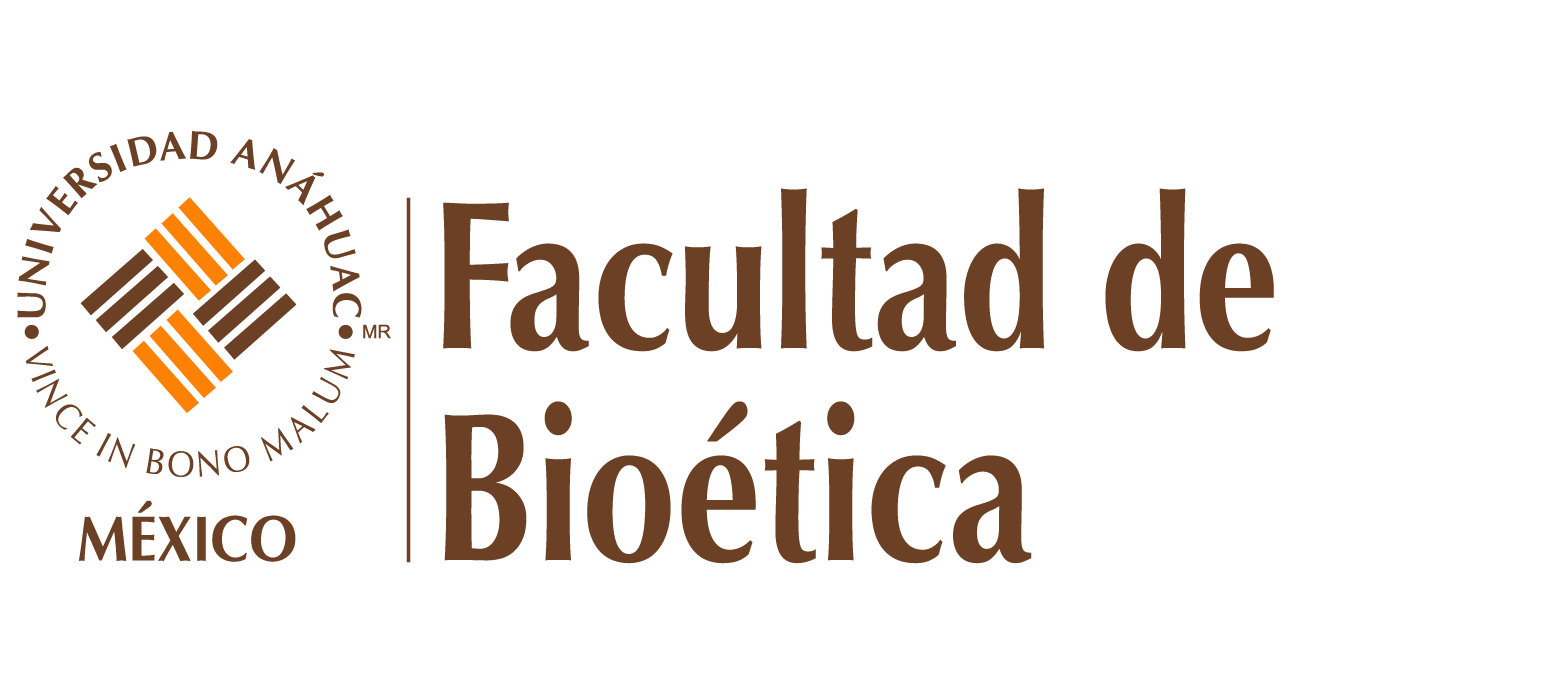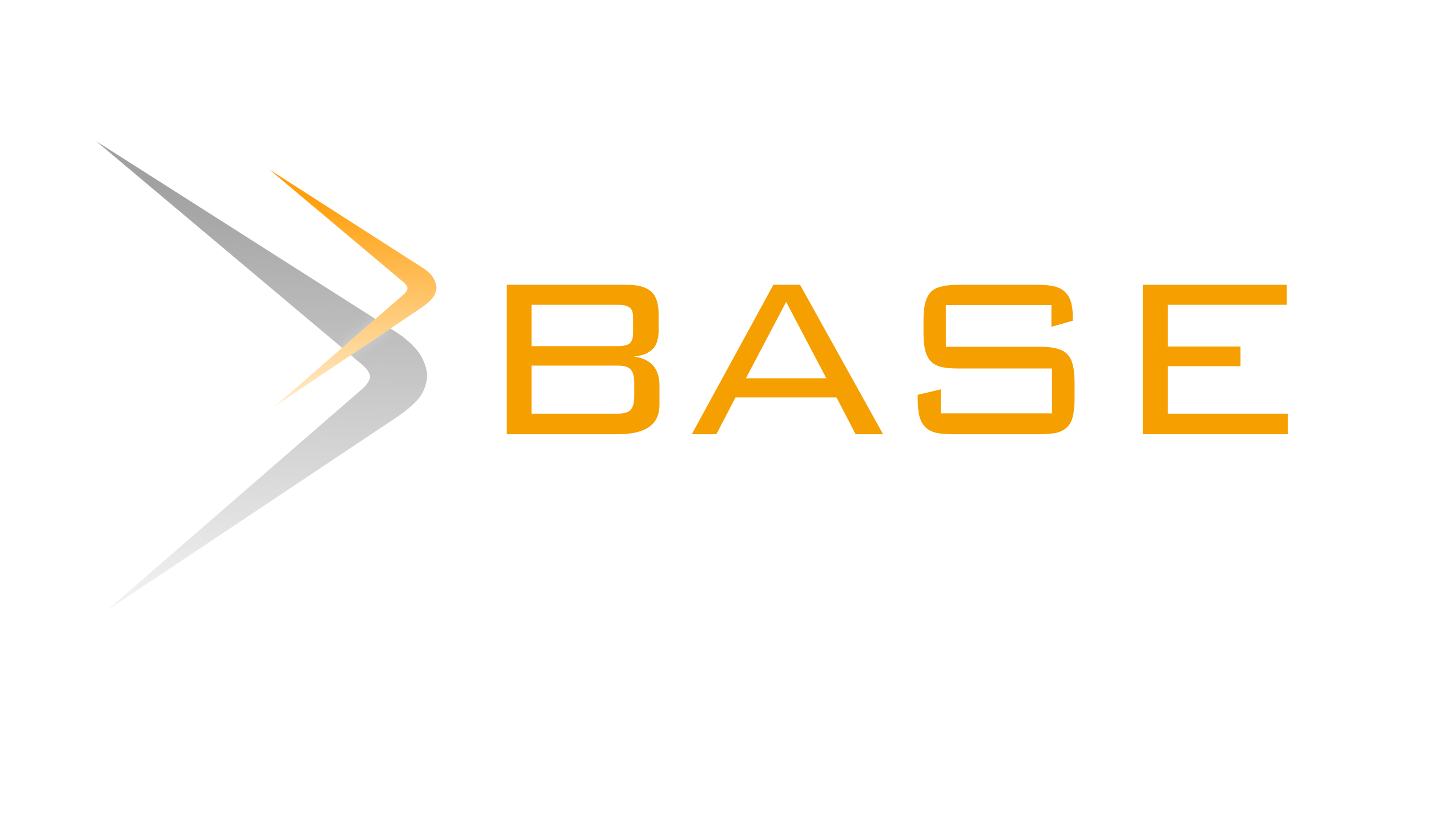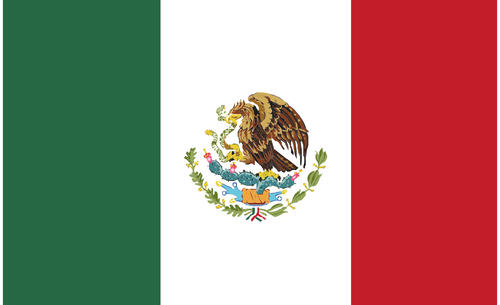La discontinuidad embrionaria y la unidad de la persona en el pensamiento de santo Tomás de Aquino. Algunos impactos en la bioética actual
DOI:
https://doi.org/10.36105/mye.2023v34n2.02Palabras clave:
metafísica, ontología, aborto, racionalidad, mellizosResumen
El embrión humano en la legislación no tiene un estatus definido. En lo referente a su condición en los debates éticos, no se ha logrado un consenso entre la pluralidad de contiendas de las distintas corrientes bioéticas. Lo cierto es que, en la mayoría de las legislaciones y para eludir los debates éticos, los argumentos se basan sobre todo en datos científicos. Como resultado, la ética se limita al aspecto científico, aunque es importante recordar que la bioética no solo se detiene en este aspecto o en el sociológico. En particular, el enfoque de la bioética personalista invita a considerar al ser humano, incluido el embrión, en su aspecto metaontológico. La visión personalista se basa en la noción de “persona” descrita por santo Tomás de Aquino. ¿Podría este enfoque dar respuestas a los dilemas éticos de nuestros días? Este artículo pretende responder a esta pregunta analizando el tema de la discontinuidad embrionaria y la unidad de la persona desde una reflexión meta-ontológica.
Descargas
Referencias
Van Der Lugt M. L’animation de l’embryon humain et le statut de l’enfant à naître dans la pensée médiévale [Internet]. 2005 [citado 10 de julio de 2020]; 22. Disponible en: https://halshs.archives-ouvertes.fr/halshs-00175587/document
Sgreccia E. Manuel de bioéthique: Les fondements et l’éthique biomédicale. París: Mame-Edifa; 2004.
D’Aquin T. Somme théologique I. París: Le Cerf; 1984.
Emery G. La théologie trinitaire de saint Thomas d’Aquin. París: Le Cerf; 2005.
Housset E. La vocation de la personne. L’histoire du concept de personne de sa naissance augustinienne à sa redécouverte phénoménologique. París: Presses Universitaires de France-PUF; 2007.
De l’Assomption M. L’homme, personne corporelle. La spécificité de la personne humaine chez saint Thomas d’Aquin. París: Parole et Silence; 2014.
D’Aquin T. Questions disputées, De potentia [Internet]. 2020 [citado 20 de julio de 2020]. Disponible en: http://docteurangelique.free.fr/bibliotheque/questionsdisputees/questionsdiputeessurlapuissancedieu.htm
Mansion S. La première doctrine de la substance : la substance selon Aristote. Revue Philosophique de Louvain [Internet]. 1946 [citado 20 de julio de 2020]; 44(3):349-69. Disponible en: https://www.persee.fr/doc/phlou_0035-3841_1946_num_44_3_4064
Erk C. Potential Persons or Persons with Potential? A Thomistic Perspective. SGBE [Internet]. 2012 [citado 10 de julio de 2020]; 5(3):105-11. Disponible en: http://www.bioethica-forum.ch/docs/12_3/07_Erk.pdf
D’Aquin T. Questions disputées, De anima [Internet]. 2020 [citado 20 de julio de 2020]. Disponible en: http://docteurangelique.free.fr/bibliotheque/questionsdisputees/21questionsdisputeessurame.htm
Amerini F. Tommaso d’Aquino. Origine e fine della vita umana. Italia: ETS; 2009.
D’Aquin T. Commentaire des Sentences, Livre II [Internet]. 2020 [citado 28 de marzo de 2020]. Disponible en: http://docteurangelique.free.fr/bibliotheque/sommes/SENTENCES2.htm
D’Aquin T. Compendium theologiae [Internet]. 2020 [citado 23 de julio de 2020]. Disponible en: http://docteurangelique.free.fr/bibliotheque/opuscules/02compendium.htm
D’Aquin T. Somme contre les gentils, Livre II [Internet]. 2020 [citado 20 de julio de 2020]. Disponible en: http://docteurangelique.free.fr/bibliotheque/sommes/contragentiles.htm
Ottaviani D. Le paradigme de l’embryon à la fin du Moyen Âge. Astérion Philosophie, histoire des idées, pensée politique [Internet]. 2003 [citado 17 de julio de 2020]; (1). Disponible en: http://journals.openedition.org/asterion/25
Selner-Wright SC. Thomistic Personalism and Creation Metaphysics: Personhood vs. Humanity and Ontological vs. Ethical Dignity. Studia Gilsoniana [Internet]. 2018 [citado 17 de julio de 2020]; (3). Disponible en: https://www.academia.edu/38121218/Thomistic_Personalism_and_Creation_Metaphysics_Personhood_vs._Humanity_and_Ontological_vs._Ethical_Dignity
D’Aquin T. Commentaire des sentences, Livre III [Internet]. 2020 [citado 23 de julio de 2020]. Disponible en: http://docteurangelique.free.fr/bibliotheque/sommes/SENTENCES3.htm
D’Aquin T. Somme contre les gentils, Livre III [Internet]. 2020 [citado 29 de julio de 2020]. Disponible en: http://docteurangelique.free.fr/bibliotheque/sommes/contragentiles.htm
Testi CA. L’embriologia di Tommaso d’Aquino e suoi riflessi nella ricerca bioetica contemporanea. 2020 [citado 17 de julio de 2020]. Disponible en: https://www.academia.edu/34916229/LEMBRIOLOGIA_DI_TOMMASO_DAQUINO_E_SUOI_RIFLESSI_NELLA_RICERCA_BIOETICA_CONTEMPORANEA
Ide P. Le zygote est-il une personne humaine ? París: Pierre Téqui; 2005.
D’Aquin T. Commentaire des sentences, Livre IV [Internet]. 2020 [citado 24 de julio de 2020]. Disponible en: http://docteurangelique.free.fr/bibliotheque/sommes/SENTENCES4.htm
D’Aquin T. Super Boetium De Trinitate [Internet]. 2020 [citado 24 de julio de 2020]. Disponible en: http://docteurangelique.free.fr/bibliotheque/opuscules/69latrinitedeBoece.htm
D’Aquin T. Somme théologique II-II. París: Le Cerf; 1985.
Kaplan F. L’avortement, un homicide?, par Francis Kaplan (Site Francis Kaplan) [Internet]. 2020 [citado 26 de julio de 2020]. Disponible en: http://francis-kaplan.com/avortement_homicide.html
Saintôt B. L’embryon, provocateur de notre humanité. Laennec [Internet]. 2005 [citado 17 de julio de 2020]; Tome 53(2):14-27. Disponible en: https://www.cairn.info/revue-laennec-2005-2-page-14.htm
Basti G. Filosofia dell’uomo. Bologna: ESD; 1995.
Simard N. Le statut théologique de l’embryon [Internet]. 2002 [citado 17 de julio de 2020]. Disponible en: https://www.colf.ca/fr/eglise-au-canada/item/171-le-statut-theologique-de-l-embryon
Scandroglio T. Tommaso D’Aquino e l’animazione dell’embrione [Internet]. 2012 [citado 18 de julio de 2020]. Disponible en: http://blog.centrodietica.it/?p=2750
Meyer J. The Ontological Status of Pre-implantation Embryos. In: Contemporary Controversies in Catholic Bioethics. Jason Eber ed. Nueva York: Springer; 2017. https://doi.org/10.1007/978-3-319-55766-3
Mori M. La fecondazione artificiale. Roma; Bari: Laterza; 1995.
Maritain J. Vers une idée thomiste de l’évolution. Première approche. París: NV. 1967; 2(42):87-136.
D’Aquin T. Quodlibets [Internet]. 2020 [citado 27 de julio de 2020]. Available from: http://docteurangelique.free.fr/bibliotheque/questionsdisputees/Quodlibet.htm
D’Aquin T. Sententia libri Metaphysicae [Internet]. 2020 [citado 28 de julio de 2020]. Available from: http://docteurangelique.free.fr/bibliotheque/philosophie/commentairemetaphysique.htm
Serra A. Lo statuto biologico dell’embrione umani. In: Commento interdisciplinare alla “Evangelium vitae.” R. Lucas Lucas. Vaticano: Libreria Editrice Vaticana; 1997.
De Margerie B. L’homme, être de relations chez saint Thomas. París: Pierre Téqui; 1999.
Eberl JT. Thomistic Principles and Bioethics. Londres; Nueva York: Routledge; 2013.
Caspar P. La saisie du zygote humain par l’esprit. París; Namur: Pierre Zech; 1987.
Congrégation pour la Doctrine de la Foi. Donum Vitae. París: Pierre Téqui; 1987.
Pasnau R. Thomas Aquinas on Human Nature: A Philosophical Study of Summa Theologiae, 1a 75-89. Cambridge University Press; 2005.

Descargas
Publicado
Número
Sección
Licencia

Esta obra está bajo una licencia internacional Creative Commons Atribución-NoComercial-CompartirIgual 4.0.
Medicina y Ética se distribuye bajo Licencia Creative Commons Atribución-NoComercial-CompartirIgual 4.0 Internacional.
El autor conserva los derechos patrimoniales sin restricciones y garantiza a la revista el derecho de ser la primera publicación del trabajo. El autor es libre de depositar la versión publicada en cualquier otro medio, como un repositorio institucional o en su propio sitio web.


























